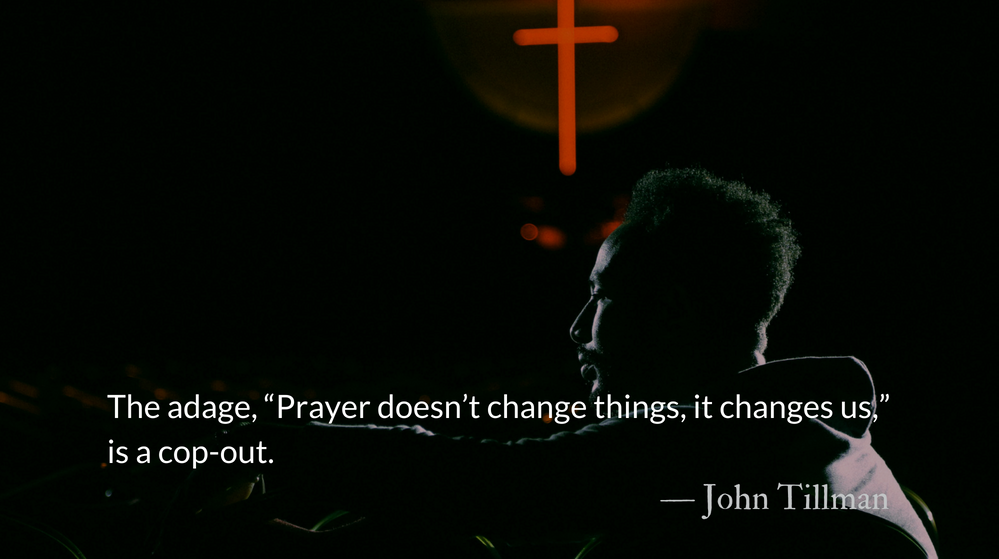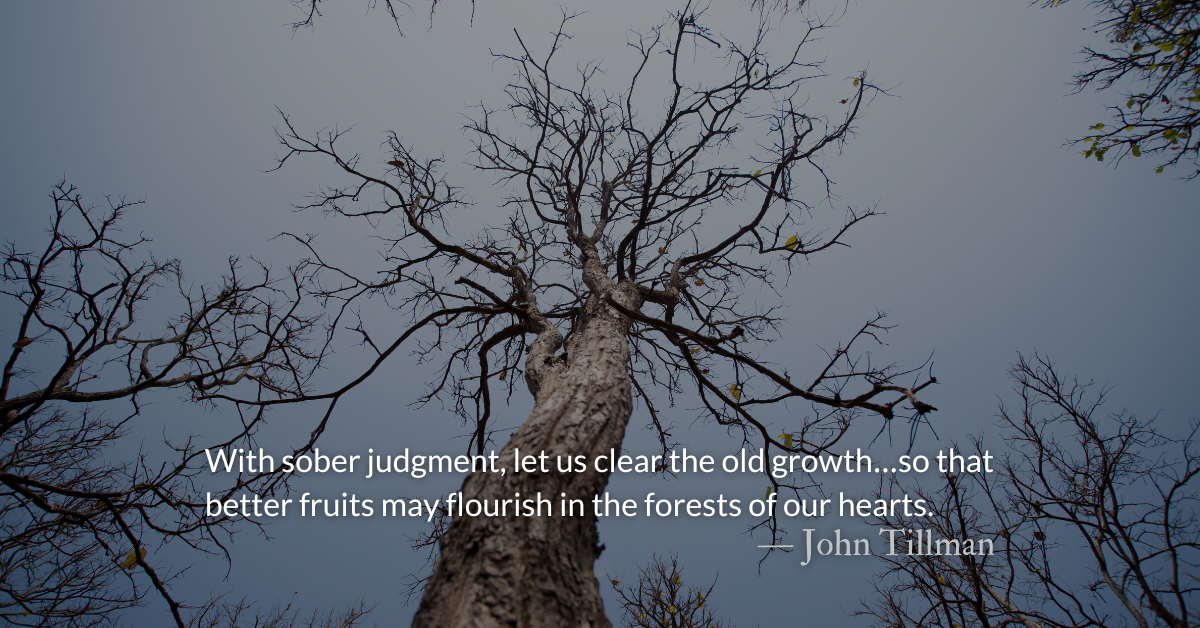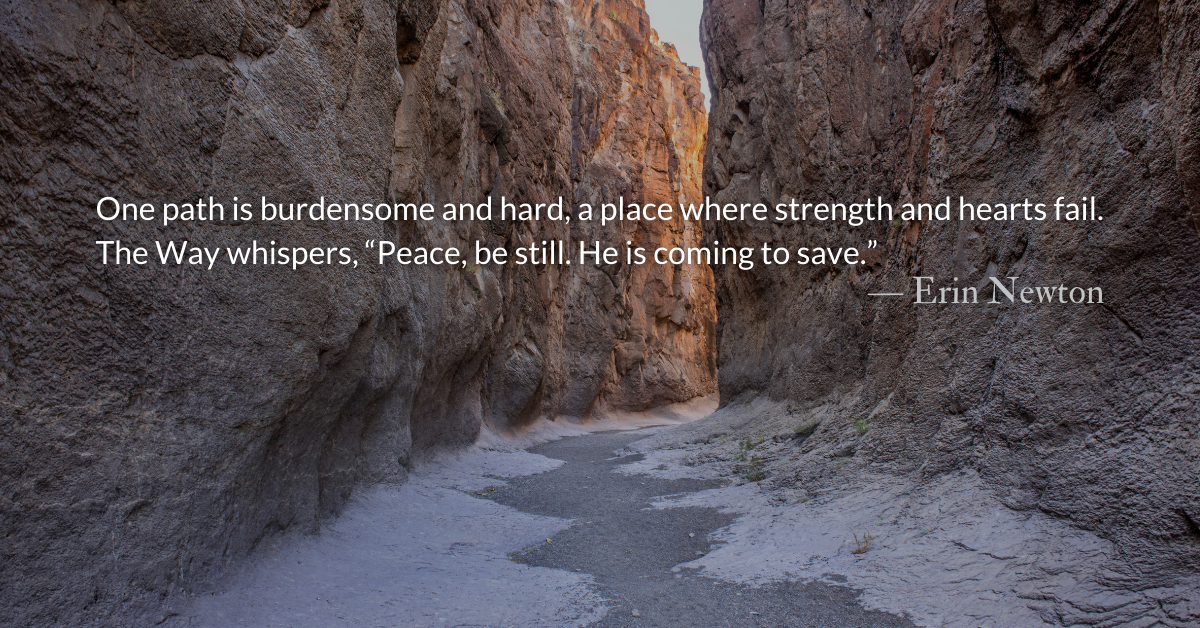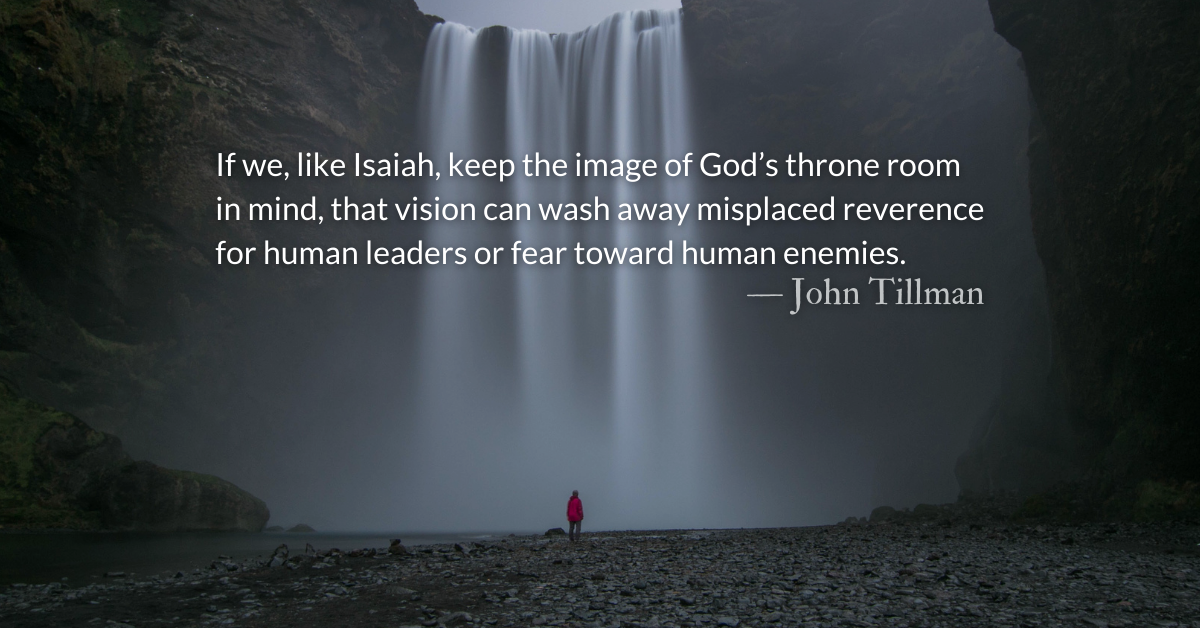Readers’ Choice Bonus:
This is a “bonus” Readers’ Choice from 2018. Thank you for your readership. You don’t have to wait until next Summer to send Readers’ Choice selections. You can submit them all through the year at the following link: Submit a Readers’ Choice post today.
Today’s post was originally published, on June 6, 2018, based on Isaiah 38.2-3.
It was selected by reader, Susan Houg, Ft. Jones, CA: “I had just about bought into the false premise about prayer not changing things – except for oneself – when this essay posted. The Lord used it to revive my expectation, based on His character, teachings and history, that He is honored and glorified and, indeed, pleased when we bring our urgent as well as long-term needs to Him. Recently I had occasion to pray, “Even the wind and waves obey You. Please stop these winds from spreading this fire.” And you know what? That fire (McKinney) laid down and stayed within its containment lines. Firefighters considered it “unusual.””
Scripture Focus: Isaiah 38.2-3
Hezekiah turned his face to the wall and prayed to the Lord, “Remember, Lord, how I have walked before you faithfully and with wholehearted devotion and have done what is good in your eyes.” And Hezekiah wept bitterly.
Reflection: Prayer Beyond Petitions—Readers’ Choice
By John Tillman
The adage, “Prayer doesn’t change things, it changes us,” is a cop-out.
If it is anything other than a cop-out it is at best a description of only part of what prayer is. It diminishes prayer to a self-counseling tool, a mere coping mechanism.
Todd Edmondson discusses this in his essay, Praying for a Change:
Such a perspective, however neat and tidy it might be, is profoundly unsatisfying and contradictory to what the Church has long held to be true.
When we envision prayer solely as something we do, as a work of human agency, it is almost impossible not to see it as a ritual designed for our benefit, as an incantation in which only the most superstitious or simple-minded people believe.
The healing of Hezekiah from his illness is a unique scriptural example of a prayer for change for several reasons.
- God directly tells Hezekiah that he will not survive. This is not an event where God’s will is unknown.
- There is no reason given for this illness. It is not a punitive judgement, like David’s child.
- Hezekiah’s prayer is bitter, but he makes no direct request for healing. He simply asks to be remembered, as the thief on the cross did.
- Isaiah delivers the message that God has changed his mind due to hearing Hezekiah’s prayer.
There is not a formula to be applied in a prayer for change other than giving ourselves to a relationship with God. We cannot attribute success to Hezekiah’s words or the words of any recorded prayer. We must, instead, get to know Hezekiah’s God.
That our prayers to God would bring the realities of this world into contact with divine purposes, or that God would join us in our this-worldly struggles, should not strike us as odd or irrational, because it is exactly what God has been doing for thousands of years… Indeed, other methods of affecting change and other recipients of our trust—from politics to technology to military might—would seem to be far less proved than prayer, if our memories were not so short and our imaginations so easily manipulated by the kingdoms of this world.
It is more important that we know God through prayer than petition him. God answers Hezekiah’s unasked prayer through relationship. Our needs, like Hezekiah’s will be apparent to God, when we invest time in a relationship that goes beyond petition.
Divine Hours Prayer: A Reading
Jesus taught us, saying: “There is no need to be afraid, little flock, for it has pleased your Father to give you the kingdom.” — Luke 12.32
– From The Divine Hours: Prayers for Summertime by Phyllis Tickle.
Today’s Readings
Ezekiel 11(Listen 3:53)
Romans 14(Listen 3:28)
Read more about Finding God :: A Guided Prayer
Even today my complaint is bitter;
his hand is heavy in spite of my groaning.
Read more about Artful Prayers
May we live artfully in the power of the Holy Spirit, creating with our lives a prayer that may be seen, heard, felt.











